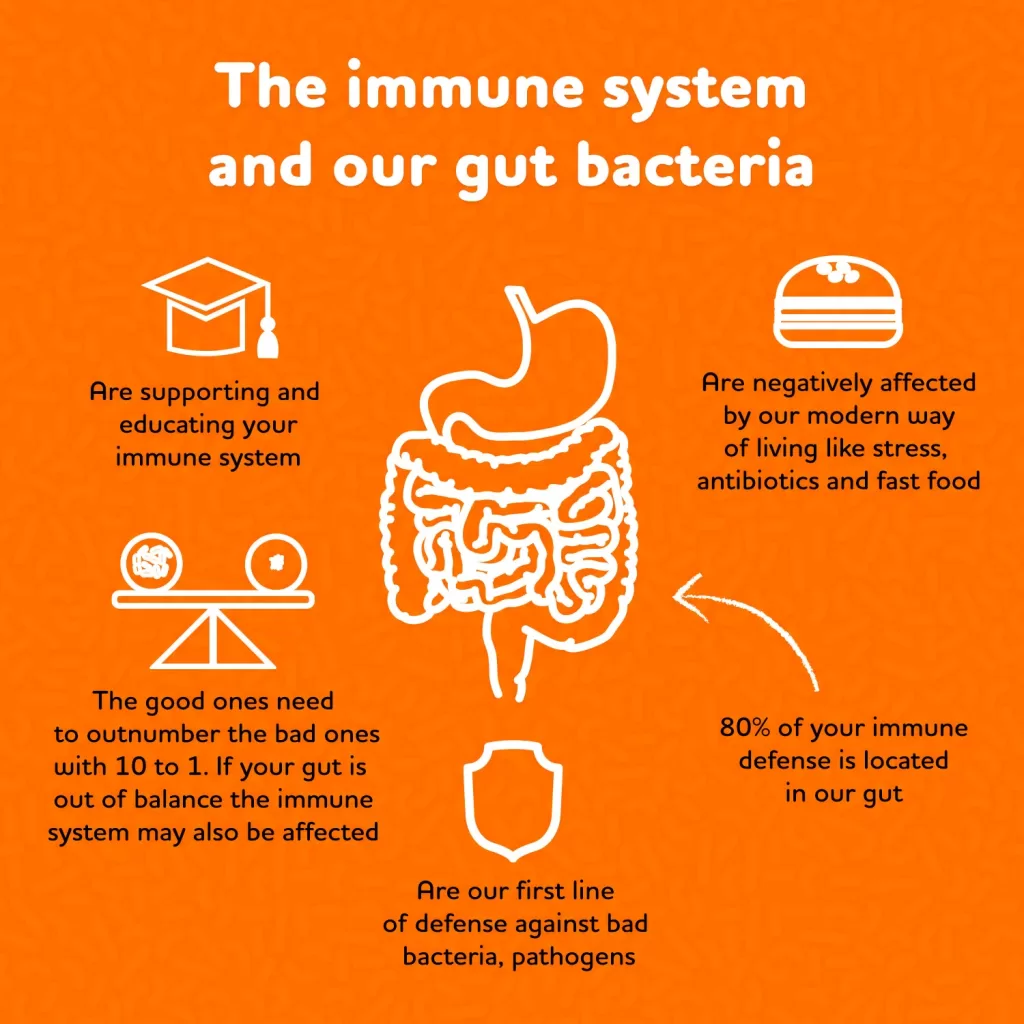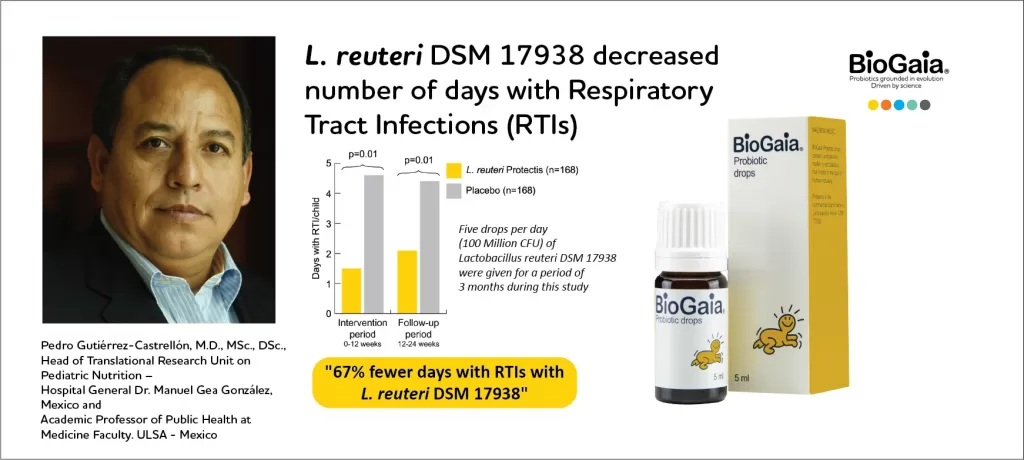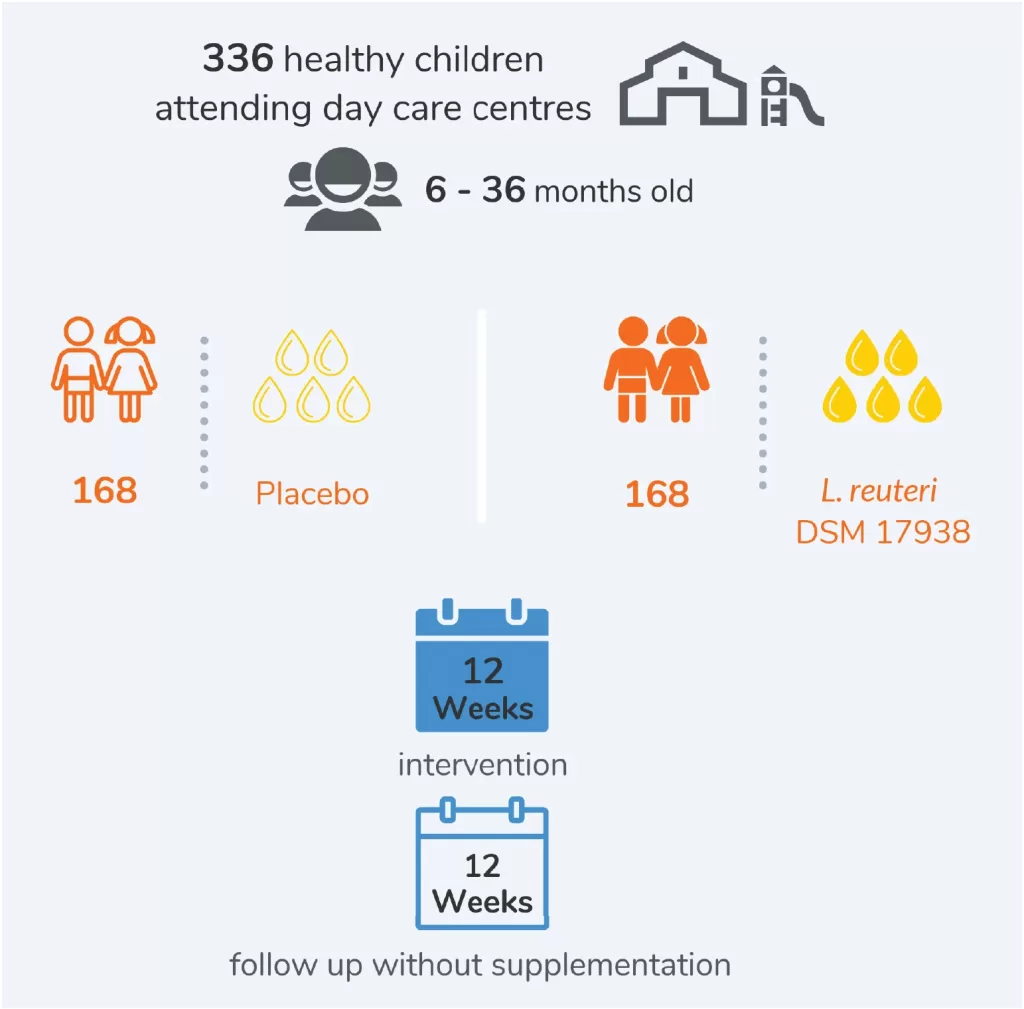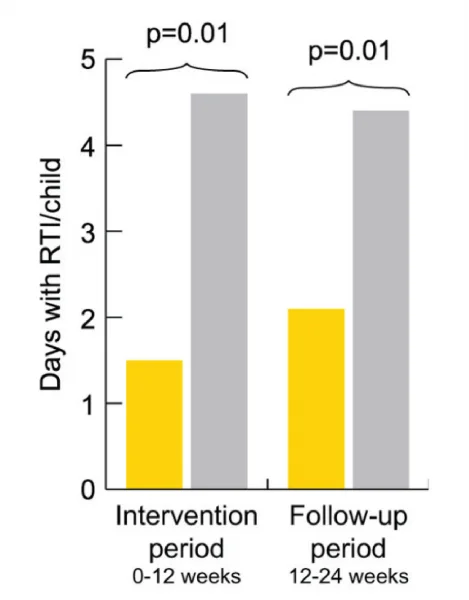
Our gut bacteria are our first line of defence against bad bacteria.
Our body, and especially our gut, is home to trillions of beneficial bacteria that live in perfect harmony, helping us to digest food, eliminating toxins, and educating our immune system to protect us against harmful microbes.

Scientists have named this microbial ecosystem the intestinal microbiome. Today science has reached a solid level of understanding of the correlations observed between gut microbiome structure and composition and health or disease.

Microorganisms “educate” the immune system, help digest our food by breaking down its content of dietary fiber and produce certain vitamins. Microorganisms are also an important part of the body’s first line of defence against foreign and pathogenic microorganisms. Both the number of microorganisms and their diversity are vital for maintaining the balance in the body.

80% of the immune system is located in the gut which makes a healthy intestinal mucosa and a balanced microbiota essential for a well-functioning immune system. A healthy microbiota can reduce the risk of infections and the need for antibiotics. A healthy gut is a healthy choice.
Moreover, not all probiotics involve the same mechanisms of action. Strain specificity is crucial to define the right probiotic for the right indication.
BioGaia’s probiotic strain L. reuteri DSM 17938 has immunomodulatory properties and contributes to gut health by restoring a natural balance in the gastrointestinal tract. It competes with bad bacteria for adhesion receptors, which prevents bad bacteria from multiplying in the gut.
BioGaia L. reuteri DSM 17938 have been shown to reduce incidence of Respiratory Tract Infections (RTI) and reduce the duration of illness in healthy children and adults.

A study was done by Gutierrez-Castrellon P to evaluate daily administration of BioGaia Lactobacillus reuteri DSM 17938 reduces the frequency and duration of Respiration Tract Infections (RTI).
A total number of 336 healthy children attending day care centres were enrolled in this randomized, double-blind, placebo-controlled trial. They received BioGaia L. reuteri DSM 17938.
Out of 336 children, 168 were given BioGaia L. reuteri DSM 17938 while the remaining 168 children were on identical placebo daily for 3 months, after which they were followed up after a further 3 months without supplementations.

Research Findings
Healthy children attending day care centres have a significantly reduced risk of suffering from RTI when given BioGaia L. reuteri DSM 17938 daily.
The graph below shows 67% fewer days with RTI with BioGaia L. reuteri DSM 17938 compared to placebo*
Moreover, this study demonstrates an economic benefit to both parents and community by using BioGaia L. reuteri DSM 17938 to prevent RTI in children.

Nevertheless, we strongly support the reinforcement of our immune system by any scientifically valid strategy. Maintaining a healthy gut microbial diversity, intestinal dysbiosis in elderly, infants and the general population is important.
Summary of Gutierrez-Castrellon P (2014) complete study:
Diarrhea in preschool children and Lactobacillus reuteri DSM 17938: A randomised controlled trial.
This study showed a significant reduction in episodes and duration of diarrhea and Respiratory Tract Infection (RTI).
Out of 168 children (average age 1 year 8 months) on L. reuteri (given 5 drops per day) compared to 168 children on placebo.
- Over a 12 weeks period, children given L. reuteri had:
- 93 episodes of RTI with L. reuteri compared to 204 episodes of RTI with placebo
- 67 days of fever with L. reuteri compared to 185 days of fever with placebo
- 42 diarrhea episodes with L. reuteri compared to 69 diarrhea episodes with placebo
- Days using antibiotics are 454 with L. reuteri vs 689 with placebo
Pedro Gutierrez-Castrellon, Gabriel Lopez-Velazquez, Luisa Diaz-Garcia, Carlos Jimenez-Gutierrez, Javier Mancilla-Ramirez, Juliana Estevez-Jimenez and Minerva Parra
Pediatrics; originally published online March 17, 2014; DOI: 10.1542/peds.2013-0652
Moreover, combining a healthy and balanced diet together with prebiotics, probiotics, vitamin supplementation, among others, could help us to reinforce our immune system especially during any virus outbreak.
A discussion on mechanism of action extracted from referenced study.
“Although there is a traditional view that probiotics can be helpful by improving intestinal permeability, it is widely agreed that the main intestinal and extraintestinal effects of probiotics are mediated by the interaction with the gut immunity. Furthermore, a gut-lung axis of probiotic action has recently been proposed; this notion is based on the assumption that the interaction of probiotic strains with gut-associated lymphoid tissue, such as Peyer patch cells, leads to enhancement of innate and adaptive respiratory immunity.
Several mechanisms have been suggested: increase of the lgA-secretory cells in the bronchial mucosa; activation of natural killer (NK) cells (the main components of the host non-specific cell-mediated immunity) and expansion of T-regulatory cells; production of antibacterial compounds; inhibition of virulence factors; and increase of the phagocytic activity of alveolar macrophages.”
Thus, our results and those of other reports support the view that certain Lactobacillus strains influence the immune responses beyond the gastrointestinal tract.
We also observed a significant reduction in the number of upper respiratory tract infections (URTIs), mostly otitis, in our patients with CF treated with LR.
Study: Lactobacillus reuteri ATCC55730 in Cystic Fibrosis
Giovanni Di Nardo, Salvatore Oliva, Allessandra Menichella, Riccardo Pistelli, Riccardo Valerio De Biase, Francesca Patriachi, Salvatore Cucchiara, and Laura Stronati
References:
- Qin J, et al. A human gut microbial gene catalogue established by metagenomic sequencing. Nature. Mar 4;464(7285):59-65 (2010)
- Yan F, Polk DB. Probiotics and immune health. Curr Opin Gastroenterol. 2011 Oct;27(6):496-501. doi: 10.1097/MOG.0b013e32834baa4d. Review
- Wieërs G, Belkhir L, Enaud R, Leclercq S, Philippart de Foy JM, Dequenne I, de Timary P, Cani PD. How Probiotics Affect the Microbiota. Front Cell Infect Microbiol. 2020 Jan 15;9:454. doi: 10.3389/fcimb.2019.00454. eCollection 2019. Review
- Gabryszewski SJ, Bachar O, Dyer KD, et al. Lactobacillus-mediated priming of the respiratory mucosa protects against lethal pneumovirus infection. J Im- munol 2011; 186:1151 – 1161
- Gutierrez-Castrellon P, Lopez-Velazquez G, Diaz-Garcia L, Jimenez-Gutierrez C, Mancilla-Ramirez J, Estevez-Jimenez J, Parra M. Diarrhea in preschool children and Lactobacillus reuteri: a randomized controlled trial. Pediatrics. 2014 Apr;133(4):e904-9. doi: 10.1542/peds.2013-0652. Epub 2014 Mar 17
